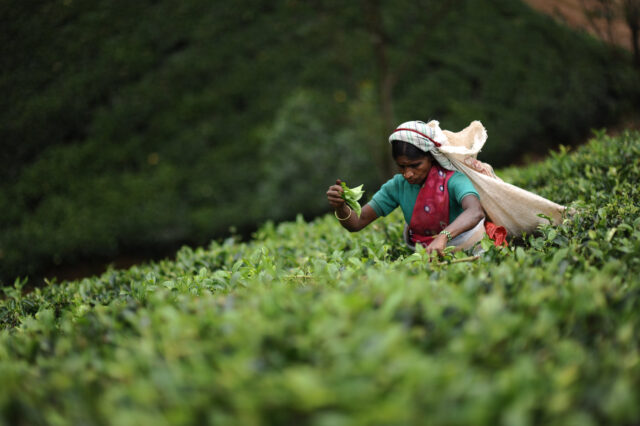G
overnment threats loom over estates managed by Regional Plantation Companies (RPCs) failing to meet the mandated wage increase to Rs. 1,700. However, it’s come to light that State-owned entities like Janatha Estate Development Board (JEDB) and Sri Lanka State Plantation Corporation (SLSPC) haven’t followed suit.
Insiders from JEDB and SLSPC disclosed their non-compliance, admitting they haven’t paid workers the mandated wage. They cited workers’ acceptance of the current Rs. 1,000 wage without complaints. The present wage, inclusive of EPF and ETF contributions, stands at Rs. 1,150, with additional incentives for exceeding plucking targets.
Yet, Elkaduwa Plantation Ltd. stands out by adhering to the directive, ensuring its 1,500 workers receive the increased wage.
The Planters’ Association of Ceylon confirms some RPCs have complied, while others haven’t, amidst criticism of the directive’s financial viability.
RPCs argue the hike is unsustainable, projecting an annual financial strain exceeding Rs. 35 billion due to high tea production costs versus market prices.
To ease financial strain, the Cabinet approved a Rs. 5 billion allocation for EPF and ETF arrears, addressing a decade-long issue affecting state-run estate employees.
Ministers have issued ultimatums to non-compliant RPCs, with a special committee formed to evaluate actions against them.
Plantation stakeholders, prior to the wage hike, highlighted the already high minimum wage in tea and rubber sectors compared to other regulated industries.
Concerns arise over government intervention in private sector wages, potentially violating IMF agreements crucial for Sri Lanka’s economic recovery.
















